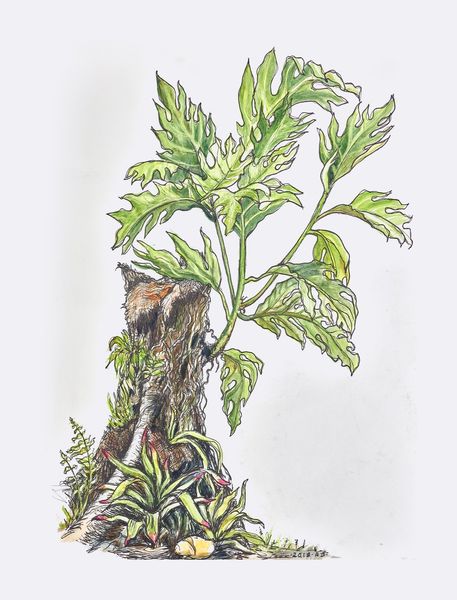Triumphing Over Trauma – Journeys Beyond Woundedness
Pamela first recounts her emergence as a professional trauma therapist documenting the personal and political forces that shaped her path which converged to form a deeper understanding of trauma recovery and why people often have so much trouble rebuilding their lives after traumatic events. Using the Humpty Dumpty image she introduces the concept of brokenness (traumatic wounding) and raises the question of ‘who can put Humpty together again’. Drawing on her own experiences as a trauma survivor and struggle to move beyond the trauma and its lasting impact, together with decades of working with survivors, Pamela identifies what she believes binds people to the traumatic events thus hindering their efforts to build rich and rewarding post-trauma lives. Pamela describes these as emotional or spiritual wounds which happen at, or shortly after the traumatic events, and are different to extreme threat or stress (traumatic stress), which, when unresolved results in Post-Traumatic Stress Disorder. She then goes on to name and describe seven different forms of traumatic wounding linking her work to current research. With each descriptor she makes the distinction between ‘normal reactions’ to those linked to trauma. Part II of the book contains transcribed interviews between Pamela and former clients as they each recount their own ‘Triumph Over Trauma’.
The book is designed for general readership in the belief that what it offers may assist survivors, their families, and therapists to promote post trauma recovery. Pamela’s narratives, woven into each chapter, provide the reader with insights into the rawness of the struggle, its often harsh and tragic realities, and most of all it is a testament to human courage and determination to build a life beyond trauma.
First published 2020, Noah Publications Pty Ltd, Darwin © Pamela Trotman, 2020
This book is copyright. Apart from any fair dealing for the purpose of private study, research, criticism or review, as permitted under the Copyright act, no part of the publication may be produced by any process whatsoever without the written permission of the publisher.
ISBN:
Print 978-0-6487902-0-4
Mobi 978-0-6487902-1-1
EPub 978-0-6487902-2-8
Printed by uniprintNT, Charles Darwin University, Darwin NT 0909 Australia
Buy Now
Story of the book cover
On St Patrick’s Day 2018 Cyclone Marcus raged across Darwin uprooting thousands of trees. We had an old Breadfruit tree in our garden which was only a couple of metres from the deck of our elevated house. The winds blew the tree against the deck necessitating its removal. When the arborist came to remove it I asked that they leave a substantial trunk as I planned to create a small arbour in that part of the garden which had hitherto been rather neglected. My husband and I planted the arbour then went about our lives giving little thought or attention to the stump and the plants adorning it. Then one day I noticed the tree had grown new small shoots of branches – evidence of the life still within. I thought this was a most apt depiction of what I was writing about in the book so commissioned one of Darwin’s Artists, Alison Dowell, to paint it for me. This is her painting.
crossing the bridge to trauma recovery
"You helped me fix things for myself in ways you don't realise. Without you I don't think I would be here today and I wouldn't be the person that I am."
Joanne
Reviews & Resources
Learn more about Pam, the healing journey and the book through within our Reviews and Resources section.
Noah Publications
Noah Publications has been established to provide a vehicle for people to share ideas, wisdoms, knowledge and philosophies designed to take humanity forward towards peace and justice and beyond war, trauma, and catastrophe. Through the published word, it seeks to encourage people to explore new horizons and ways of living that embrace difference, are inclusive and non-oppressive and which honours and celebrates our shared humanity.
The Noah concept is inspired by the Judeo/Christian and Islamic traditions which speak of Noah, a God fearing man and prophet, who built the Arc as a means to save his family and animals from the flood, and the search to move beyond the flood to new horizons/lands.
Are you a trauma survivor or know someone who is?
Are you a professional working with trauma survivors?
We would like to provide additional support. If you would like to know more please complete this simple survey.



